News Listing Page VAW Page
News Listing Page VAW Page
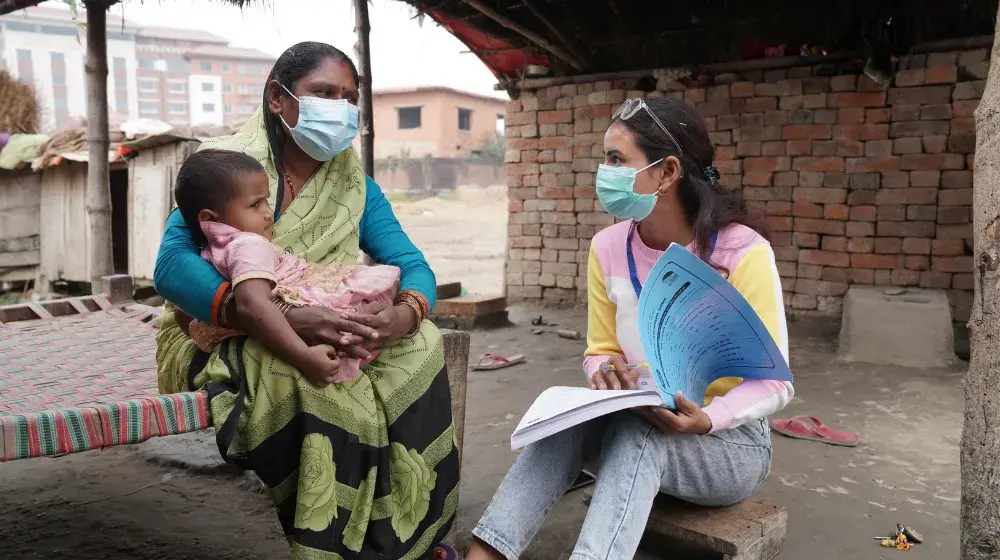
11 July 2024
News
Power of data: Leaving no one uncounted or unaccounted
Data is the lifeblood of effective, equitable healthcare systems. It shows where we are succeeding and where we are falling short. It guides our actions and holds us accountable. Yet, people’s lives cannot be summed up by a single statistic or reduced to mere data points. Humanity is a diverse tapestry of hopes and dreams, and it is by ensuring every individual is accounted for that we can fulfill our vision: a resilient and equitable future where everyone counts.
Read story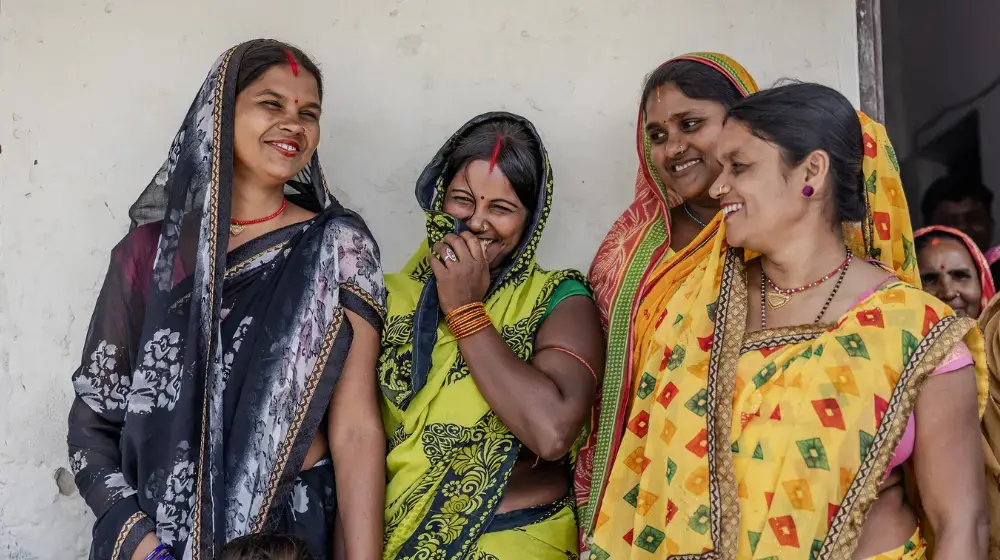
25 November 2023
Statement
Data is crucial to preventing gender-based violence
From informing policy and advocating for change to measuring progress on commitments, investing in quality and ethical data is a key component to preventing gender-based violence.
Read story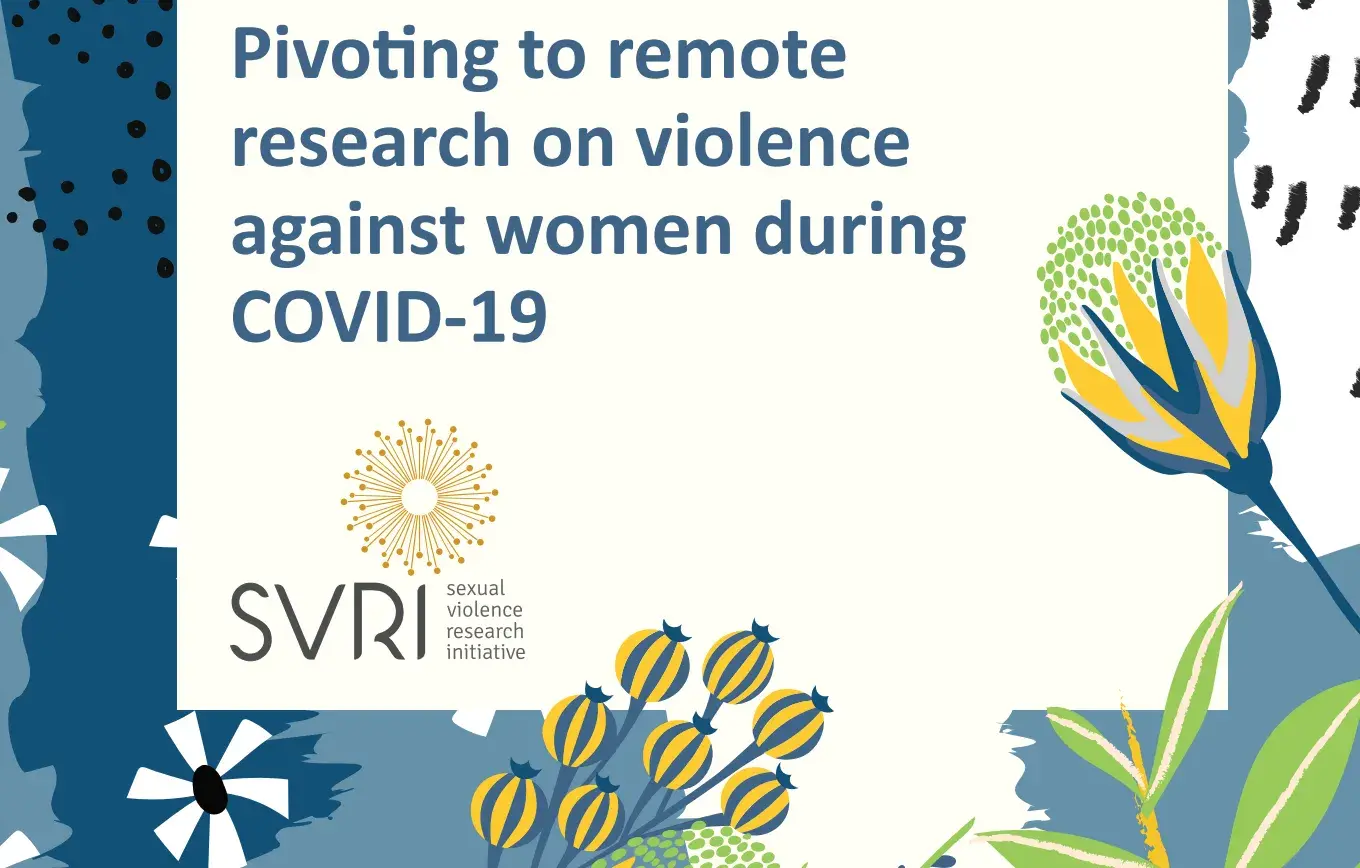
24 July 2020
News
Pivoting to remote research on violence against women during COVID-19
kNOwVAWdata contributed to this resource published by the Sexual Violence Research Initiative about the challenges of safely measuring violence against women during the COVID-19 pandemic. Conditions of restricted movement mean many women are stuck at home with their abusers, making it dangerous to measure the pandemic's impact on prevalence of violence against women - and the data will be unreliable. This guidance note helps researchers wanting to understand the impacts of COVID-19 on violence against women make difficult decisions about which methods of research are safe and useful during the COVID-19 pandemic, and the requisite steps to collect remote data ethically. The underlying message is: "It is unethical to proceed with any remote research activities if doing so would jeopardize women’s safety and wellbeing."
Read story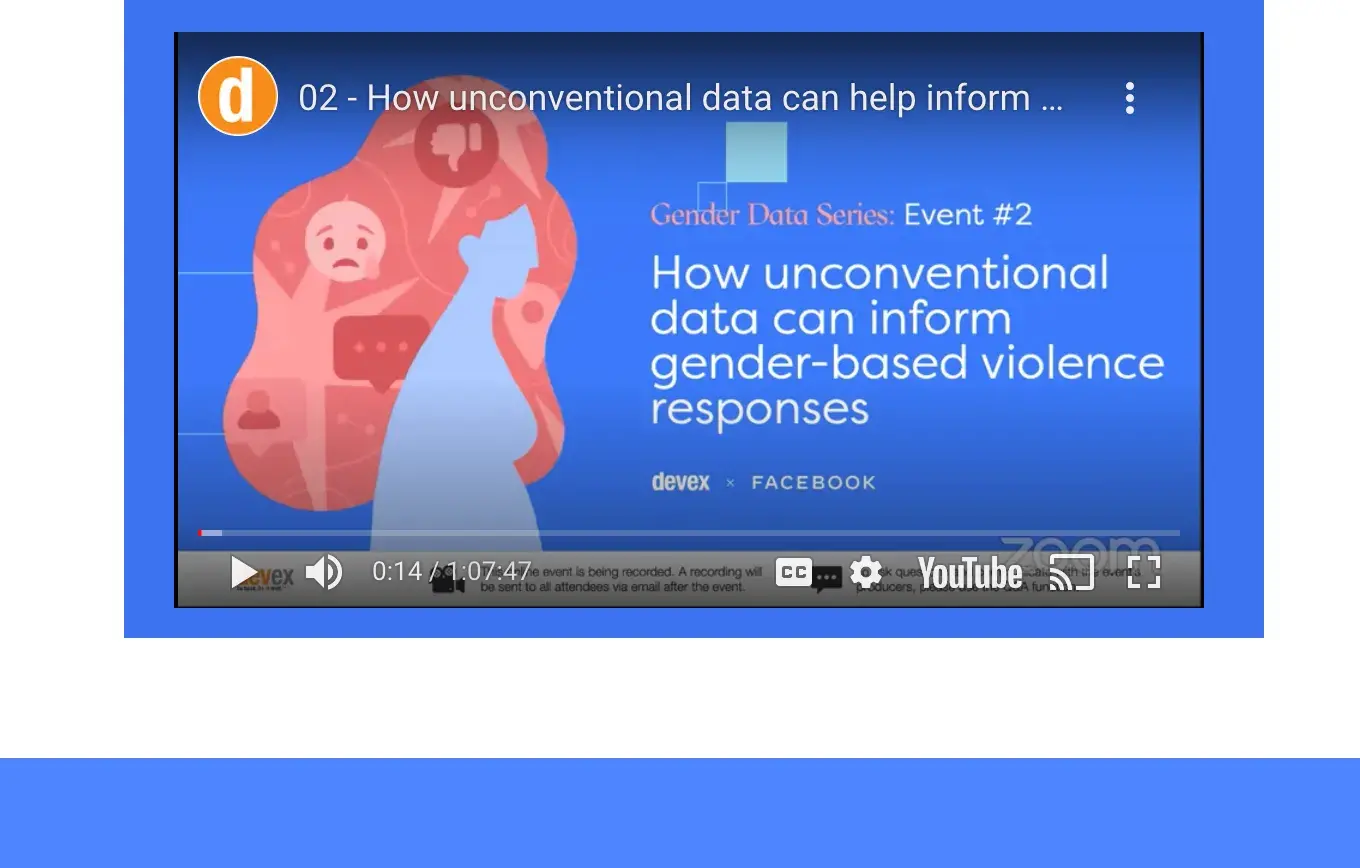
19 May 2020
News
kNOwVAWdata on Devex & Facebook Live webinar: How unconventional data can inform gender-based violence responses
In this webinar by Devex and Facebook, kNOwVAWdata shares insights about how unconventional data sources can be used to inform gender-based violence responses during COVID-19, given it is unsafe to measure violence against women prevalence during lockdown conditions. Dr Henriette Jansen joins Emily Janoch of CARE International, Laura Scanlon of Maido, and Kelli Rogers of Devex in this lively discussion.
Read story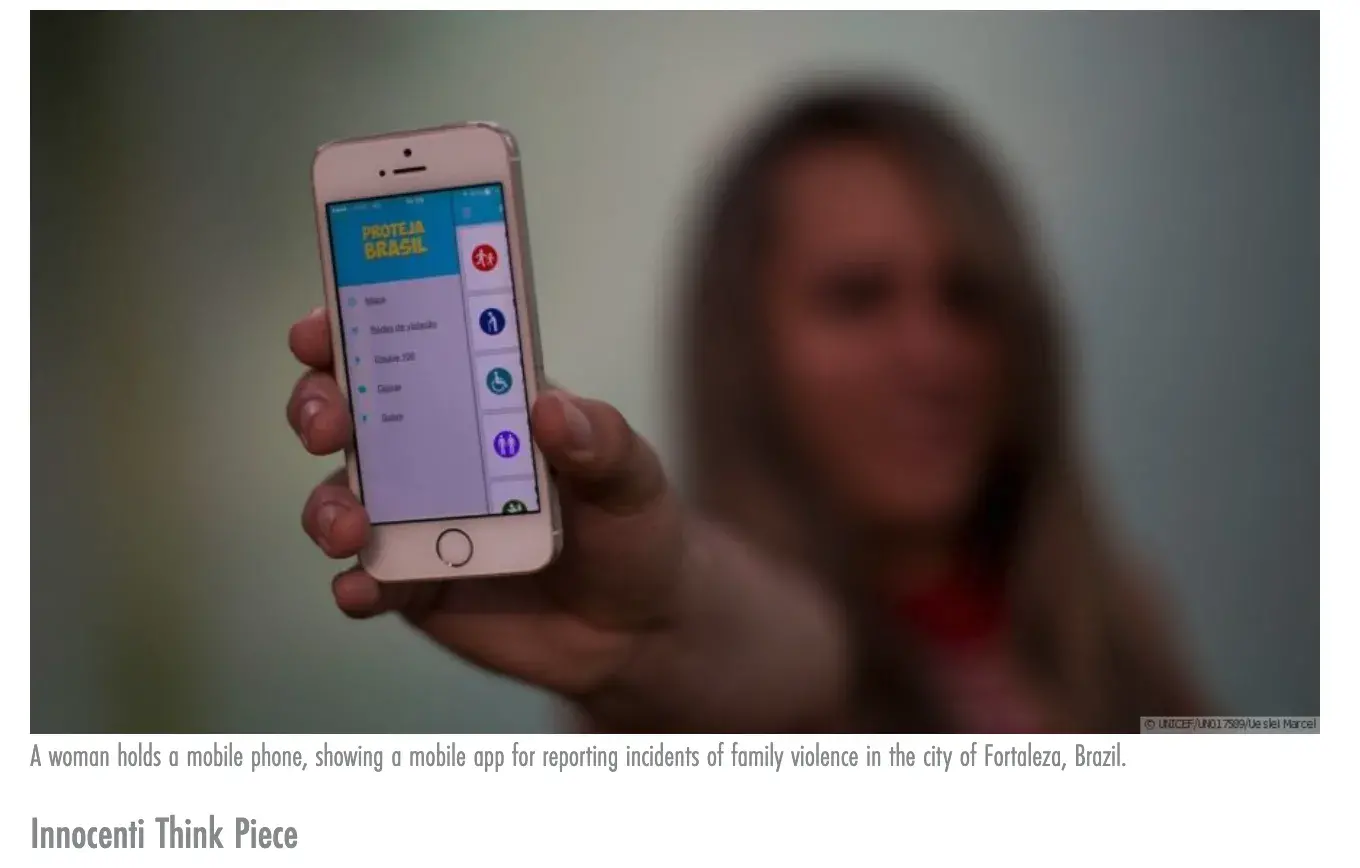
25 May 2020
News
Remote data collection on violence against women during COVID-19: A conversation with experts on ethics, measurement & research priorities
In this UNICEF Innocenti Think Piece, experts unpack what COVID-19 means for violence against women data collection efforts. Dr Henriette Jansen, kNOwVAWdata technical lead, stresses that women's safety is the utmost priority.
Read story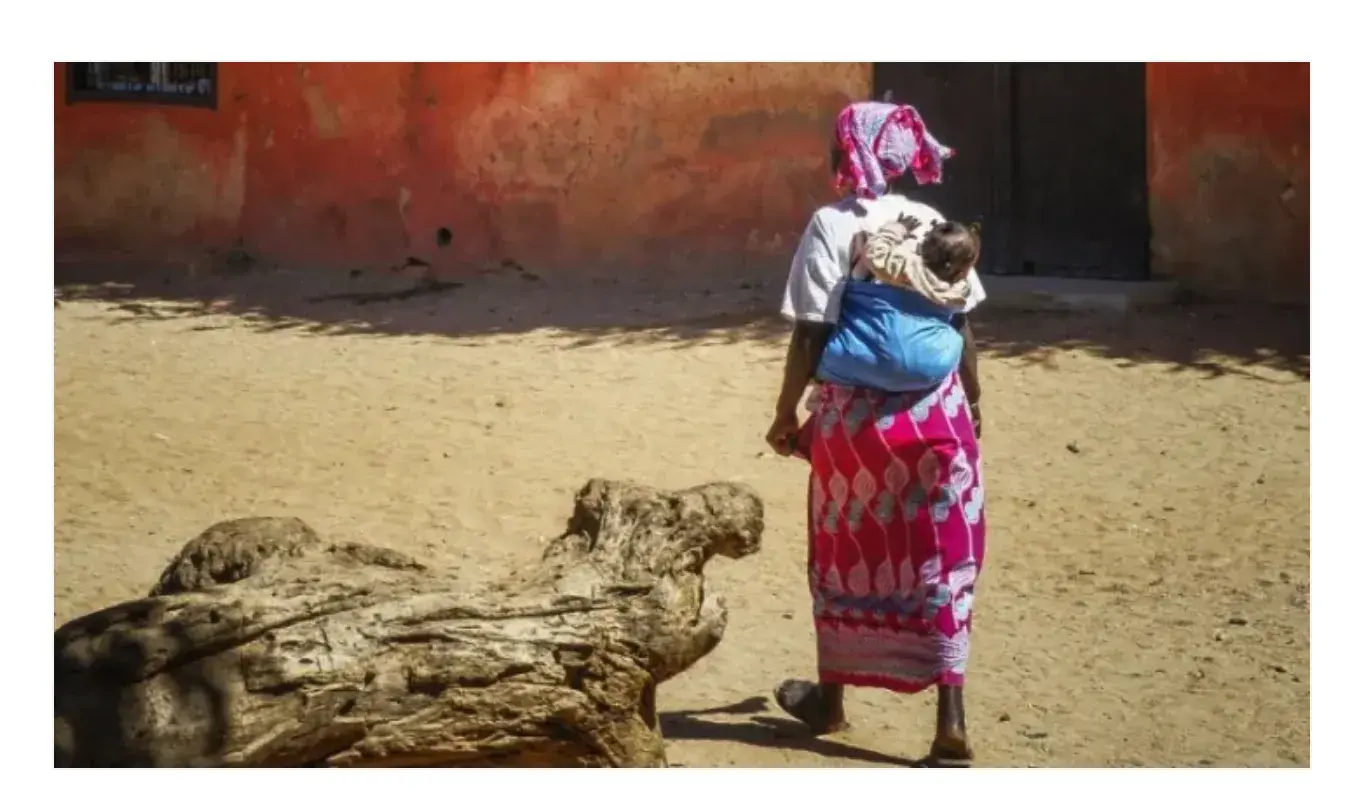
08 May 2020
News
COVID-19: Has it become too dangerous to measure violence against women? (By Devex)
As the COVID-19 pandemic rages on, organizations are racing to measure the rate of violence against women, which is projected to rise around the world due to lockdown orders. The interest in understanding how the coronavirus crisis is impacting women’s well-being is welcome, data experts tell Devex. But now is not the time to interview women in their homes, they warn. “We cannot prioritize data over women’s safety,” said Henriette Jansen, technical adviser for violence-against-women data and research for the United Nations Population Fund.
Read story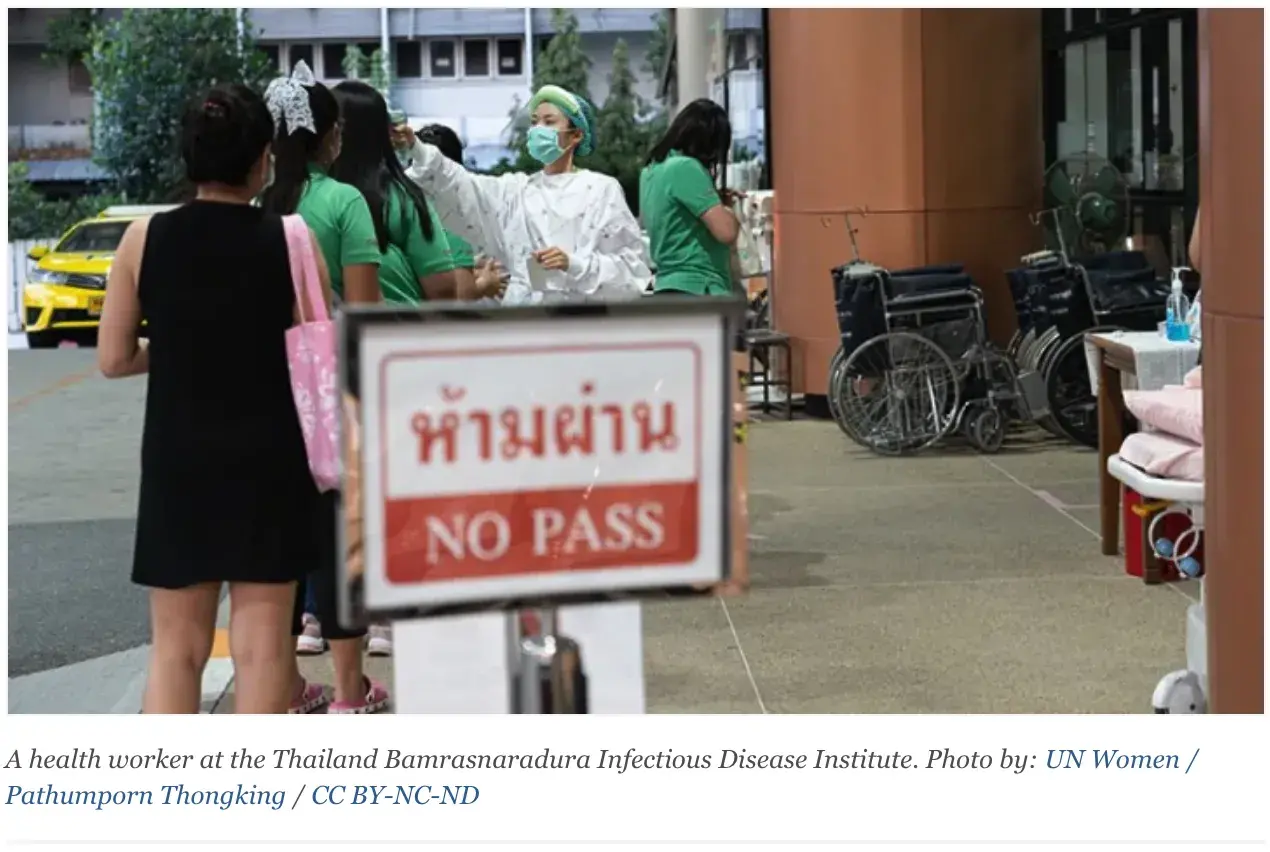
08 May 2020
News
Opinion: Without gender data, we leave critical COVID-19 clues on the table
Any new and highly infectious pathogen triggers a world of worry, with a slew of questions to which there are no immediate answers. COVID-19 is no exception. It is only through data, consistently and thoroughly collected and assessed, that we can inform eventual answers and solutions to effectively address the pandemic. And for the data to be complete, it must be disaggregated by sex. In other words, we must fully learn how COVID-19 is affecting men and women — from both medical and socioeconomic perspectives. How gender statistics can inform the response to COVID-19.
Read story
01 November 2019
News
Put violence against women data on the map
Violence against women is a grave human rights violation that not only harms women, but also burdens countries across the world. When countries lack data on its prevalence, this burden remains a silent one.
Read story
26 July 2019
News
kNOwVAWdata has updated knowledge products
kNOwVAWdata regularly produces and updates knowledge products about violence against women prevalence surveys and our work. Find links to these knowledge products here.
Read story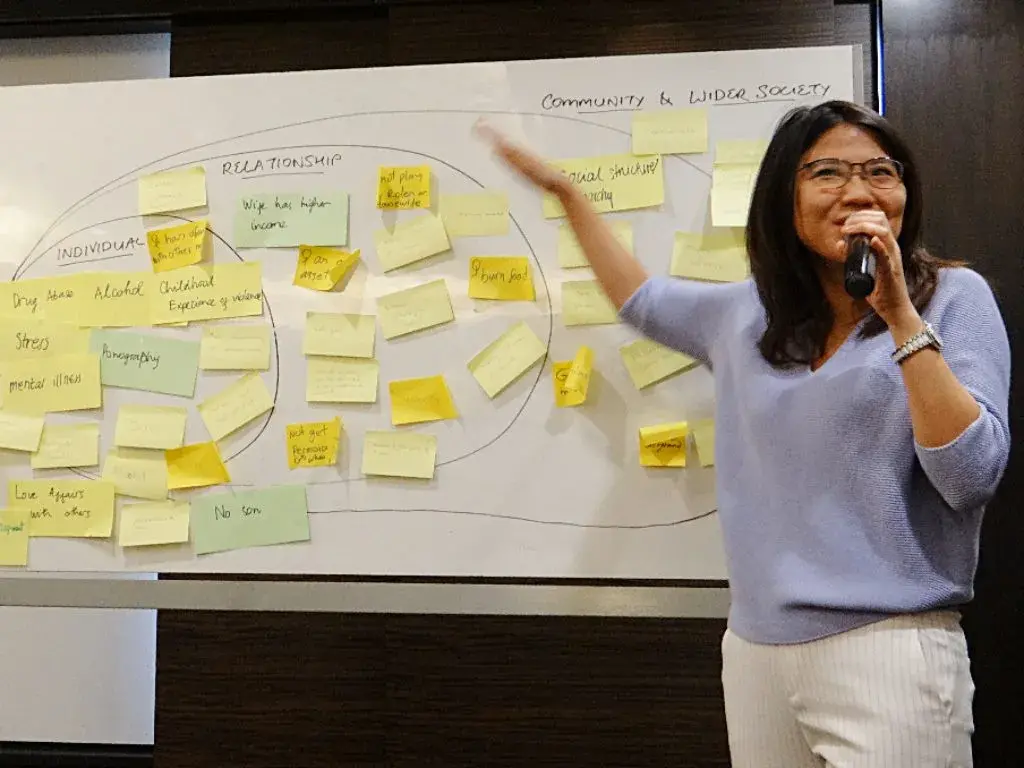
18 April 2019
News
Build your skills in measuring violence against women in Asia and the Pacific
The University of Melbourne, in partnership with UNFPA, ANROWS and the Australian Department of Foreign Affairs and Trade (DFAT), is pleased to offer the kNOwVAWdata training course, a four-week course for professionals seeking to build their skills in measuring the prevalence of violence against women (VAW).
Read story